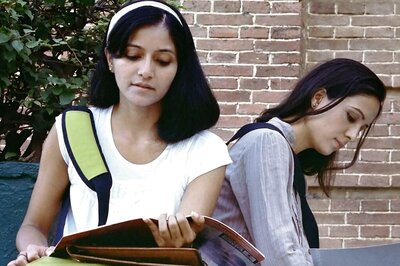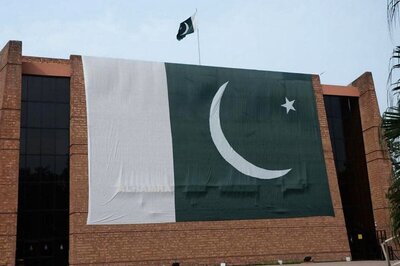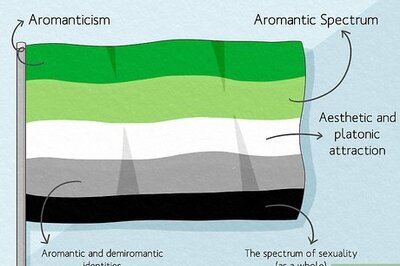
views
When Mumbai-based DJ Akthar forayed into the music industry, he was one among just three other DJs in the entire country. “I come from a time when CD technology was not introduced. We were still using vinyl’s and audio cassettes,” remembers the DJ, who was recently in the city to play at Flame in Le Royal Meridien. “I still remember how we had to carry around bags full of records that each weighed 35 kgs,” he adds. Recalling how 21 years ago when he started, he and his counterparts had access to almost nothing, Akthar says that DJing has sure come a long way. “When we started, we had nothing but a huge set of disadvantages. We were closed to the rest of the world,” he says.
They had no Internet, which automatically meant that they had no idea what was topping the charts in the rest of the world. “We would have people who have travelled quite a distance to come into night clubs, asking us to play things they had heard elsewhere and we would have no idea what they were talking about,” Akthar brings to memory, almost as if ashamed. “We would keep playing the same set of songs that we knew and had access to, sometimes the same stuff even for six whole months!” he chuckles. The only way that Akthar and the few others who started off could survive was by making connections with international cabin crew members. “They were the only ones who would frequently travel to foreign countries. So we would pay them to bring us back whatever music they could get their hands on,” he explains. Then goes on to add that because of this very unfortunate predicament, their music tastes were forcibly affected by the records that their air hostess friends brought back.
Why, until a couple of years ago, DJs weren’t even considered artistes, Akthar rues. “Only for the past seven years or so have DJs been recognised as artistes. Now, we’re being approached by music directors to not only remix, but also compose songs for them,” says Akthar, clearly pleased with the progress.




















Comments
0 comment